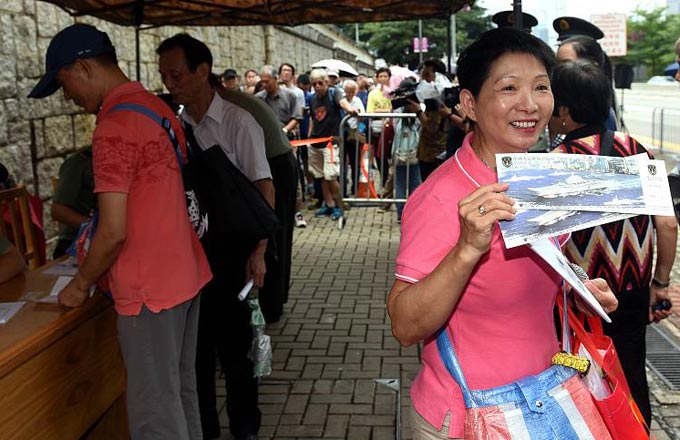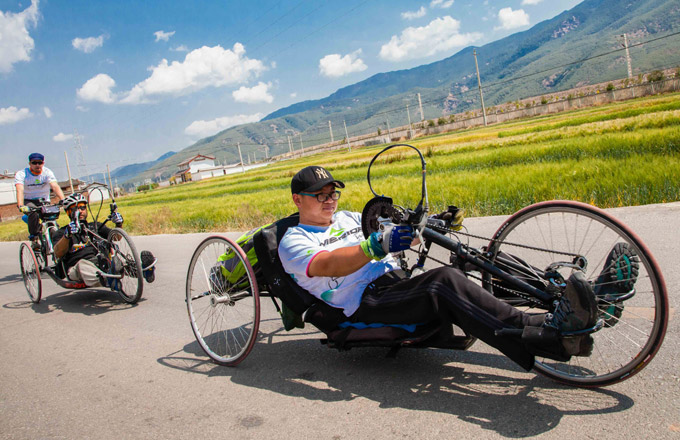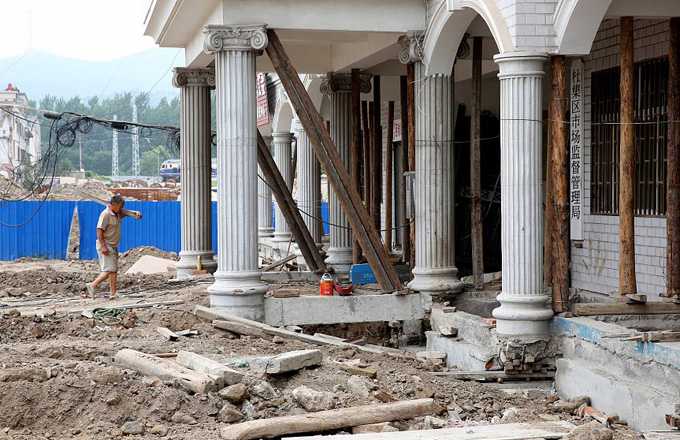Ministries respond to key public concerns
Central ministries and departments have responded to a series of public concerns, mainly including affordable housing and medical advertisement management.
Affordable housing auditing
China's National Audit Office revealed a recent round of auditing over the country's government-subsidized housing projects on June 24, also known as the affordable housing program, a project designed to provide housing for people with low incomes to make their dwelling more affordable.
The audit, running from December 2016 to March 2017, covers government-subsidized housing projects across 31 provinces, municipalities, and autonomous regions, among which 17,200 projects were comprehensively investigated. The review mainly targets housing projects started in 2016.
This has been the office's fifth round of auditing on the country's affordable housing projects.
Officials from the National Audit Office told at a news briefing late in June that in general, in 2016, the construction of affordable housing played an important role in improving people's livelihoods and promoting urbanization, creating proper living conditions for urban residents with low incomes and driving development of related industries.
Meanwhile, key problems were also detected in this round of audit. Some regions and departments still have problems such as lack of strict management of the housing funds and failure to strictly implement the affordable housing policy. These problems take various forms, such as fund embezzlement and poor infrastructure quality of housing projects. Also, affordable housing projects were found to be provided to families that do not fall into groups of residents eligible for such subsidiaries.
These issues have led to the scenario that some affordable housing projects that have started construction a year ago are still not available for residents that need them.
The auditing authorities will push for accelerated construction of key affordable housing projects, making them available to residents in need.
A total of 53.23 billion yuan ($7.85 billion) of special funds for building subsidized housing projects were found to have not been put in place one year after the money was earmarked by central finance, audit results show. It calls for more scientific fund management for affordable housing funds, the audit office said. Inconsistence of releasing funds and construction of housing projects is also part of the reason for such delays in earmarking funds.
More tailored improvements are needed for more proper design and management of affordable housing projects; for example, government-purchased services in shanty town renovation programs also need to meet with financial budgets at local-government level.
The government invested 1.48 trillion yuan in 2016 to build 6.06 million new homes for shanty redevelopment, according to the Ministry of Housing and Urban-Rural Development.
Banning of fake medical ads
The phenomenon of TV commercials for medicine using actors as doctors and medical professionals recommending certain types of medicine have led to public anger as many people said they have been deceived. The State Administration for Industry and Commerce (SAIC) has finally begun to combat the scandals.
The SAIC has recently set up a special investigation group by working jointly with the State Administration of Press, Publication, Radio, Film and Television, the State Administration of Traditional Chinese Medicine, as well as the Ministry of Public Security to give grounded research to fake medicine ad cases across the country. Each department will probe cases within their lawful mandate. Currently, investigations by the SAIC as well as market regulation authorities are underway, and investigation results will be informed to the public timely to respond to public concerns.
Actors pretending to be medical professionals in TV commercials have been a problem for many years, and reported by various media outlets. Some of the actors pretending to be medical professional have used more than 10 different titles.

























